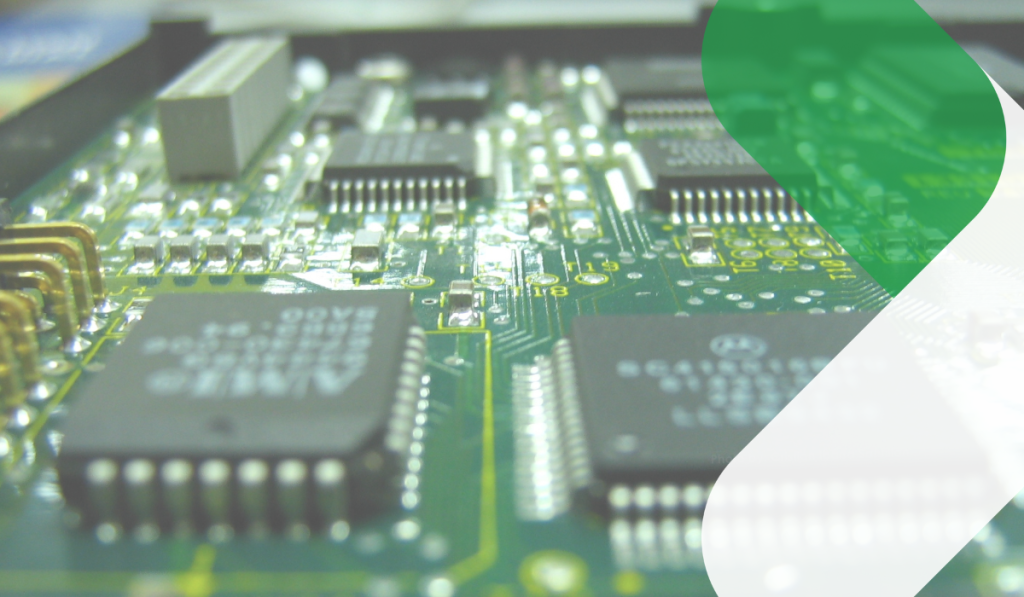1. IoT & Hardware Integration
1.1 MRAA & UPM Libraries
Enhanced Intel’s foundational IoT libraries for sensor integration across multiple development boards.
1.2 Computer Vision Development
Contributed to OpenCV and OpenVINO development kits, optimizing performance for Intel hardware.
2. Cloud & Container Optimization
2.1 Intel/k8s-rdt-controller
Developed a Kubernetes controller for Intel’s Resource Director Technology (RDT), enabling advanced resource management in cloud environments.
Conventional cluster schedulers typically distribute workloads (such as functions or containers) across compute nodes in a data center based mainly on CPU availability and free memory capacity. This often leads to suboptimal placement with heavy contention of shared resources. Multiple functions competing for shared resources, such as cache and memory, can create “noisy-neighbor” issues and significantly degrade the application’s performance.
To address this challenge, rinf.tech developed a Kubernetes controller based on Intel’s Resource Director Technology (RDT). This solution allows advanced resource management in cloud environments based on reserved cache allocation for high-priority workloads, ensuring more predictable and reliable performance.
2.2 Docker Integration
Integrated Intel RDT into Docker engine for improved container performance and allocation.
2.3 ReC2S (Reliable Cloud Computing System)
Contributed to Intel’s framework for enhanced cloud reliability.
3. Performance & Benchmarking
3.1 Node.js Optimization for FaaS
We collaborated on benchmarking standards for Node.js performance in both public and private clouds, and implemented optimizations for JS to reduce the memory consumption by 11x and increase performance by 6x.
3.2 FaaS & Container Technologies
Optimized Function-as-a-Service frameworks leveraging Intel Optane and RDT.
In a virtualized environment, the cold start of the workloads represents a major challenge when it comes to performance. We integrated Intel Optane storage technology into FaaS frameworks to reduce the cold start phase of the workloads by faster image loading, with more than 30% than other storage solutions.
Partnership Impact Recap
-
2 Patent Applications contributed and reviewed
-
Multiple GitHub repositories with active community engagement
-
Performance optimizations across CPU, memory, and storage systems
-
Scalable solutions deployed in production environments
Technology Stack
Python · GoLang · C/C++ · Kubernetes · Docker · Intel Optane · Intel RDT · OpenCV · OpenVINO · MRAA · UPM
Acknowledgments
“Our long-standing partnership with Intel stands out because of the tangible impact it delivers to the developer community. rinf.tech’s work in optimizing resource management and increasing performance and agility in cloud environments is an example of the kind of complex, high-stakes challenges our teams are built to solve. Our goal is clear – to make advanced technologies more accessible and impactful, building on today’s progress to shape tomorrow’s solutions in cloud, IoT, and AI.” (Bogdan Popescu, Technical Director, rinf.tech R&D Embedded)
This success reflects the contributions of both Intel and rinf.tech teams — including Ben Cope, Bogdan Popescu, Ioana Balasa, Alex Patrascu, Mihai Dodan, and Ciprian Medar, among many others.
Together, Intel and rinf.tech demonstrate how open collaboration drives meaningful progress for the global developer community.



